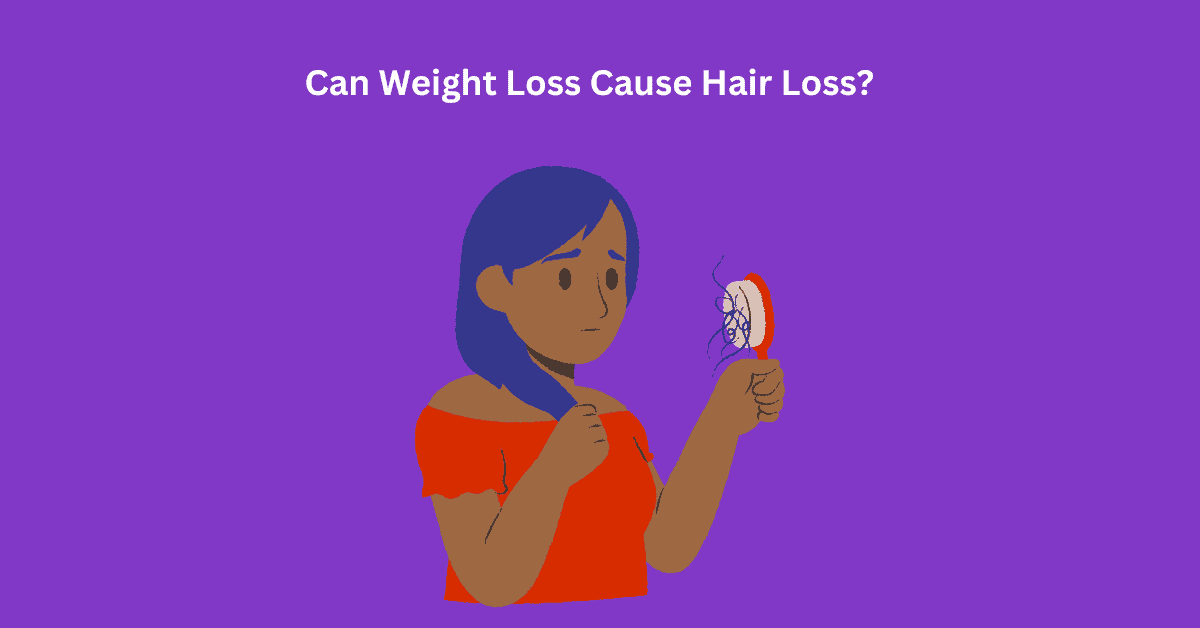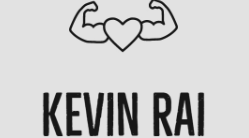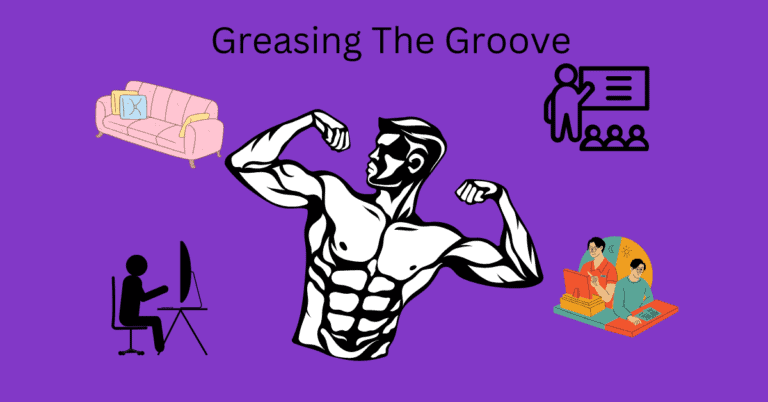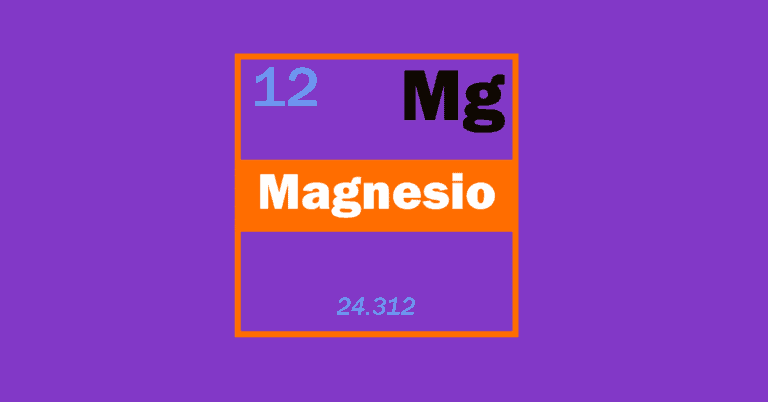Can Weight Loss Cause Hair Loss?

Cutting down weight is linked with various benefits, however a curious concern has emerged among people: can weight loss cause hair loss?
You might have heard the rumors of individuals who after undergoing weight loss transformations, experienced unexpected hair thinning or shedding.
This can be caused by losing weight too fast, which stresses out your body, or being nutrient deficient by restricting your diet.
Through this article, I will investigate the relationship between weight loss and hair health.
How Does Your Hair Grow?
Your hair growth process is governed by several stages. Each individual hair follicle on our scalp goes through these stages at different times, ensuring that we maintain a continuous head of hair.
These stages can be broken down into three main phases, which I will briefly explain below.
Anagen Phase (Growth Phase):
The anagen phase is where your hair follicles start growing.
At this stage, cells in the hair divide rapidly, and the hair shafts grow upward from the scalp.
The length of this phase determines how long the hair can grow, which varies from person to person and even between different areas of the scalp.The average time that the anagen phase can last is between Two to Six years.
Catagen Phase (Transition Phase):
Once the anagen comes to an end, the hair follicle transitions into the Catagen Phase.
This phase is relatively short and only lasts for about two to three weeks. During it, the hair follicle begins to shrink and the lower part of the hair detaches from the blood supply~ therefore stopping its growth.
Even though the hair is not actively growing at this point, new hair is already forming underneath.
Telogen Phase (Resting Phase)
The final phase is known as the telogen or resting phase.
This phase is where the hair follicle remains dormant, which can last for Two to Four months.
The old hair is still attached to the follicle, but new hair is beginning to grow beneath it. During telogen, the hair is not growing anymore, and it’s held in place until the new hair pushes it out to replace it.
Shedding
This is not one of the phases, but I am adding it in just to explain a little about the end life of the hair.
After the telogen phase, the old hair eventually sheds as the new hair continues to grow in the anagen phase.
On average, individuals shed around 50 to 100 hairs each day which is a healthy amount.
Shedding is a normal part of the growth cycle, so don’t be worried if you see a couple of hairs falling off during the day.
However, there are factors that can increase your shedding such as Stress, Nutrient Deficiency, and Hormone Imbalance, which all can be caused by weight loss.
Factors Influencing Hair Loss during Weight Loss
Losing weight can be tricky as there are many aspects you need to pay attention to like the food you eat and physical exercises.
This is all done to reach the state of caloric deficit where your body can then start burning off fat to use as fuel.Trying to reach the ‘caloric deficit‘ state can bring in some complications that can affect the health of your hair.
Calorie Restriction & Nutritional Deficiencies

When you start restricting your calories, you may shift energy away from non-essential functions like hair growth and prioritize essential processes to conserve energy.
Also as you cut down your calories it’s easy to undereat some important nutrients that play a crucial role in hair growth~ some of them are:
- Protein: Adequate protein intake is vital for hair growth as hair strands are primarily made of protein (more specifically keratin).
- Iron: It’s needed for the production of hemoglobin which carries oxygen around your body including your hair follicles.
- Biotin: Also known as vitamin B7~ it supports the production of keratin which is an important building block of your hair.
- Vitamin C– Aids in collagen production which includes many amino acids that are needed to create your hair strands.
- Omega-3 Fatty Acids– this provides nourishment to your hair follicles, helping it grow stronger and healthier.
- Vitamin E– It’s an antioxidant that helps combat oxidative stress, promoting a healthy scalp.
Changes in Hormone Levels
As you start shedding pounds, your body needs to adjust to the new changes. In this process, it can throw off your hormonal balance~ impacting the growth of your hair.
Firstly you can get an increase in androgens. Having an excessive level of androgens can lead to a condition called androgenetic alopecia or male pattern baldness.
As the name suggests, the condition is more common in men, however women can also be affected by it.
Secondly, it can lower estrogen hormones, particularly in women. Estrogens are known to bind to your hair follicles and keep them in the growth phase for longer.
Therefore by having a reduction in estrogens levels, the growth phase of the hair shortens leading to hair shedding or thinning
Thirdly imbalances in the thyroid hormones such as hypothyroidism (an underactive thyroid) or hyperthyroidism (overactive thyroid) can also be caused by weight loss.
Due to the thyroid hormone playing a role in maintaining the hair follicles~ any imbalances occurring can disturb the growth cycle.
Crash Dieting
Crash dieting basically means drastically reducing your calories right away, in order to lose weight.
Even though this might seem like a viable method for cutting down weight, it can have detrimental effects on your overall health.
If you follow this route, it can put your body in a state of shock since it perceives this situation as a threat to your survival.
It can start prioritizing resources for other important functions over your hair growth~ leading to increased shedding.
Furthermore, as you would be severely limiting food intake, you are likely to get deficient in vital vitamins & minerals which are crucial for healthy hair growth.
Stress
Stress triggers the release of stress hormones like cortisol. Elevated cortisol levels can disrupt the normal hair growth cycle.
Losing weight especially achieved through drastic or rapid methods can stress out the body in several ways.
Having a drastic weight loss might not only result in the reduction of fat but muscle mass as well.
Muscle tissue is essential for maintaining a healthy metabolism and supporting overall physical strength, therefore losing this balance can put strain on the body.
Due to low calories, you might reach the state of ketosis, where instead of glucose your body starts using fat as a primary energy source.
As the body is not used to being in this state it can bring forth adverse effects, one in particular is the distribution of your sleep~ further stressing out the body.
How To Prevent Hair Loss During Weight Loss?
Experiencing hair loss during your weight loss journey can be avoided altogether by paying attention to a few things.
Avoid crash diets or extreme caloric restriction completely. Rather aim to reduce your daily calories by 200-500 at the beginning to avoid your body perceiving the situation as a threat.
On top of that focus on having a well-rounded diet that includes a variety of nutrient-rich foods. This means eating an adequate amount of proteins, fats, and at least 5 portions of different colors of fruits & vegetables to support your hair growth.
Stress can build up from just everyday life activities, therefore practice stress reduction techniques such as meditation, yoga or it can even be hobbies you might enjoy like painting.
Engage in regular physical activities, not only does this support fat loss but also it can help reduce stress, improve circulation, and promote a healthy scalp.
As an extra tip: avoid hairstyles that pull on the hair and scalp too tightly, as this can lead to hair breakage and traction alopecia.
Is Losing Hair During Weight Loss Harmful?

Hair loss during weight loss is typically not dangerous in itself, however if it doesn’t get better or even gets worse~ it may indicate serious underlying issues that need attention.
For example, being nutrient deficient in protein can bring in various complications other than hair loss.
Protein help maintain fluid balance in the body, so insufficient amount of it can lead to fluid retention and swelling known as edema.
Also, it’s an essential nutrient for the proper functioning of organs including the heart, liver, and kidneys. Low amounts of protein can impair their function.
Even after taking necessary measurements, if you continue to experience excessive shedding of the hair during or after weight loss, you should make an appointment with a healthcare professional.
Without performing a thorough examination by a healthcare professional, it will be hard to pinpoint the root of the problem.
Conclusion
While weight loss can be a life-changing journey towards better health, it’s also important to understand and address the potential impact on your hair health.
In order to lose weight you need to be at a calorie deficit, but if not done carefully you can bring about complications that can cause excessive shedding such as nutrient deficiencies, hormonal fluctuations, and stress caused by rapid weight loss.
To prevent hair loss during weight loss avoid crash dieting, eat balanced meals, and practice stress reduction techniques.
Remember, temporary hair shedding during weight loss is often reversible once the body adapts to the changes and receives proper nourishment.
However, if you experience significant hair loss or notice changes in your heath~ contact a healthcare professional as it could be a sign of major health issues.
Don’t rush your weight loss journey~ this way your body will cooperate with your efforts and you can achieve your goals while preserving the health & vibrancy of your hair.


